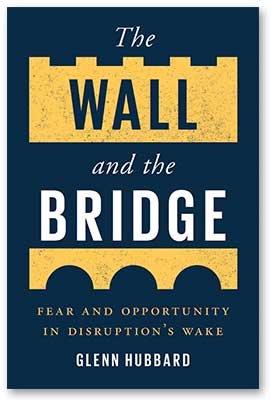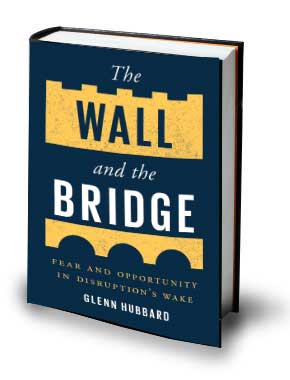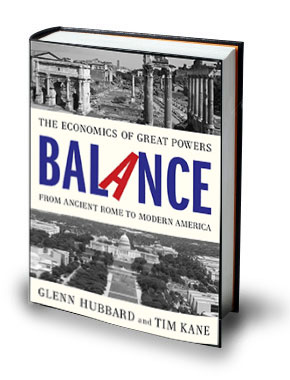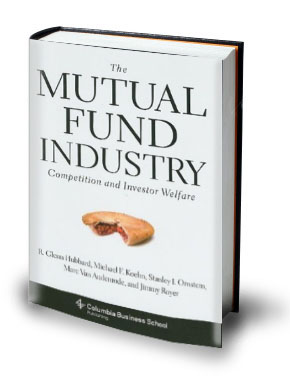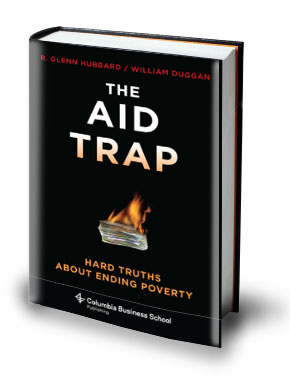 After the fall of President Zine al-Abidine Ben Ali in Tunisia, President Hosni Mubarak in Egypt and now likely Libya’s leader Muammar Gaddafi, many people in this country are beginning to wonder if the United States has gotten the best bang for its billions of dollars in foreign aid to the Middle East.
After the fall of President Zine al-Abidine Ben Ali in Tunisia, President Hosni Mubarak in Egypt and now likely Libya’s leader Muammar Gaddafi, many people in this country are beginning to wonder if the United States has gotten the best bang for its billions of dollars in foreign aid to the Middle East.
Watch the video on Yahoo Finance.
A new Rasmussen Reports survey found that only 20 percent of Americans support the continuation of aid to Mid-East countries, whereas 58 percent of people want to end all foreign assistance to that region.
The United States spends roughly $58 billion helping other nations around the world annually. Egypt alone will receive nearly $1.5 billion in aid this year -- the fourth highest allocation of U.S. funds behind Afghanistan, Pakistan and Israel.
With the age of fiscal responsibility upon us, one might reason that slashing this line item would go a long way to alleviating our $1.5 trillion dollar deficit. But not really, since foreign aid accounts for less than 2 percent of the federal budget each year.
Perhaps more important than how much money is spent, is how that money is spent. “It is certainly the case that much of U.S. foreign aid has been miscast,” says Glenn Hubbard, Dean of Columbia’s Business School. “Most of our aid to the Middle East, unlike foreign aid generally, has been more military-oriented.”
Hubbard does not advocate cutting foreign aid, but does believe it should be repurposed to serve citizens, rather than continue to prop up militant regimes.
“If you look at what is happening in much of the Middle East, a lot of young people are saying, ‘look, where are the opportunities for me in the society [and] economically?’”, explains Hubbard, who is also the author of The Aid Trap: Hard Truths About Ending Poverty. “The best thing we can do is to encourage economic growth and prosperity in the rest of the world.”
As outlined in his book, Hubbard advocates something of a Marshall Plan for the countries that receive U.S. foreign assistance: Rather than give aid to foreign military, the U.S. should promote business -- a positive American value -- by giving money in the form of loans to local businesses in foreign communities.
"We have huge opportunities [in the Middle East], with a lot of talent, very good economic opportunity if only the business culture were there,” he says. “The more that we can create prosperity in the rest of the world, we create a sense of openness to our own business, and frankly to our ideas as well.”
A win-win for both the U.S. and our global counterparts.

